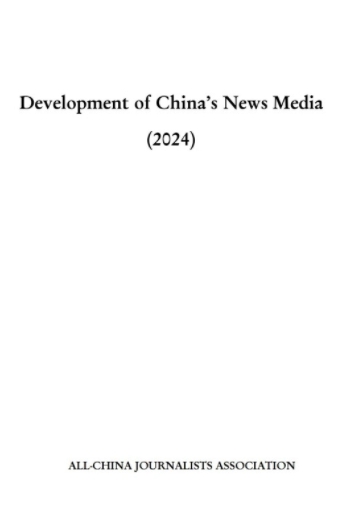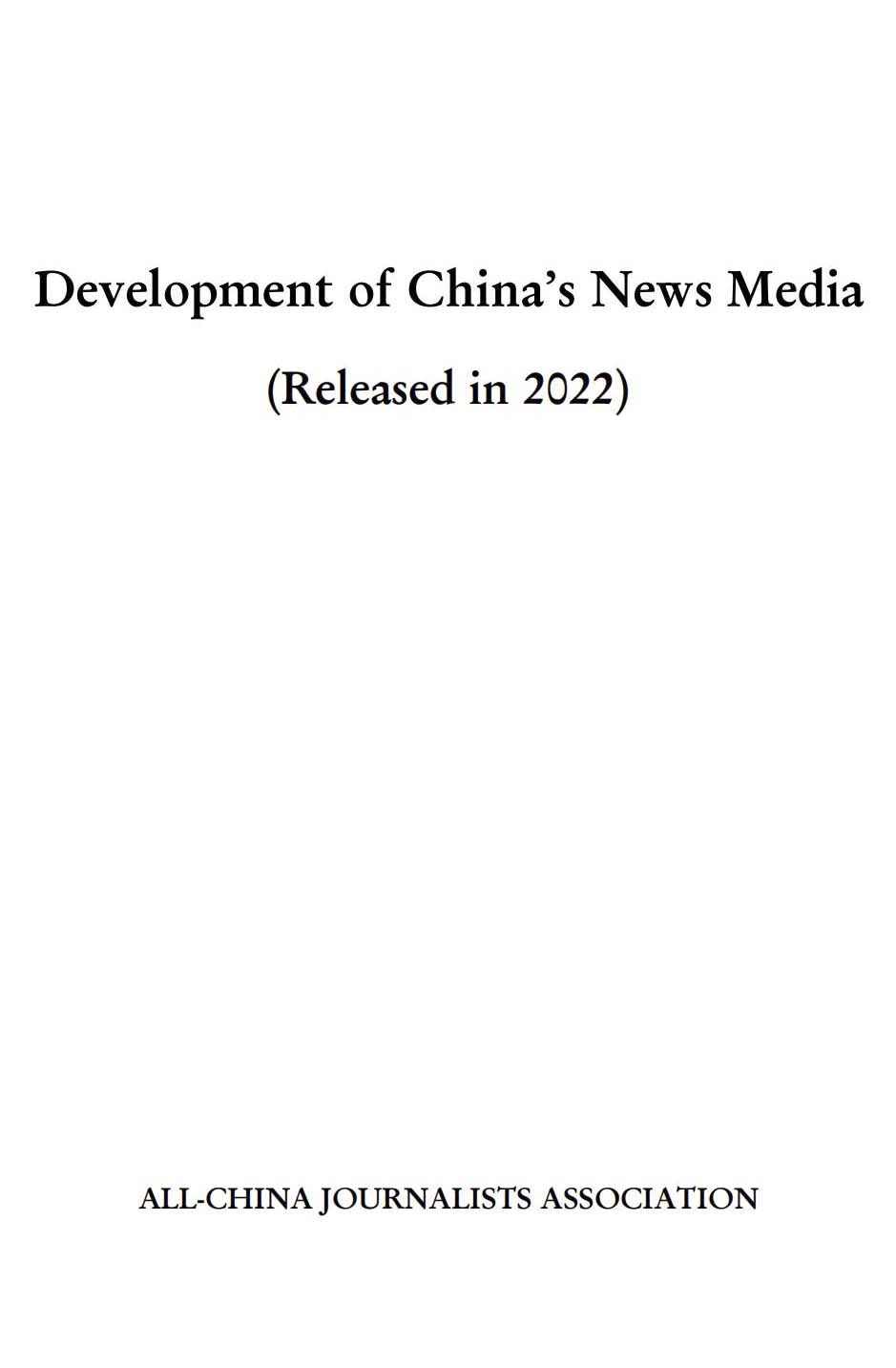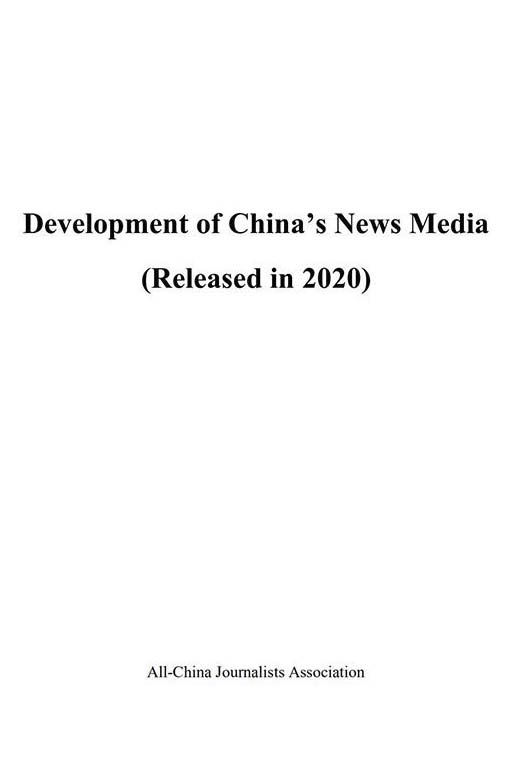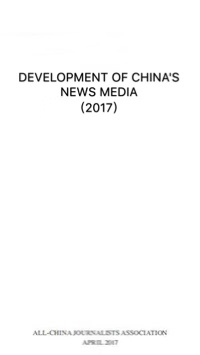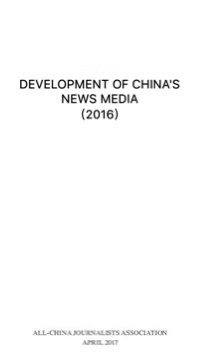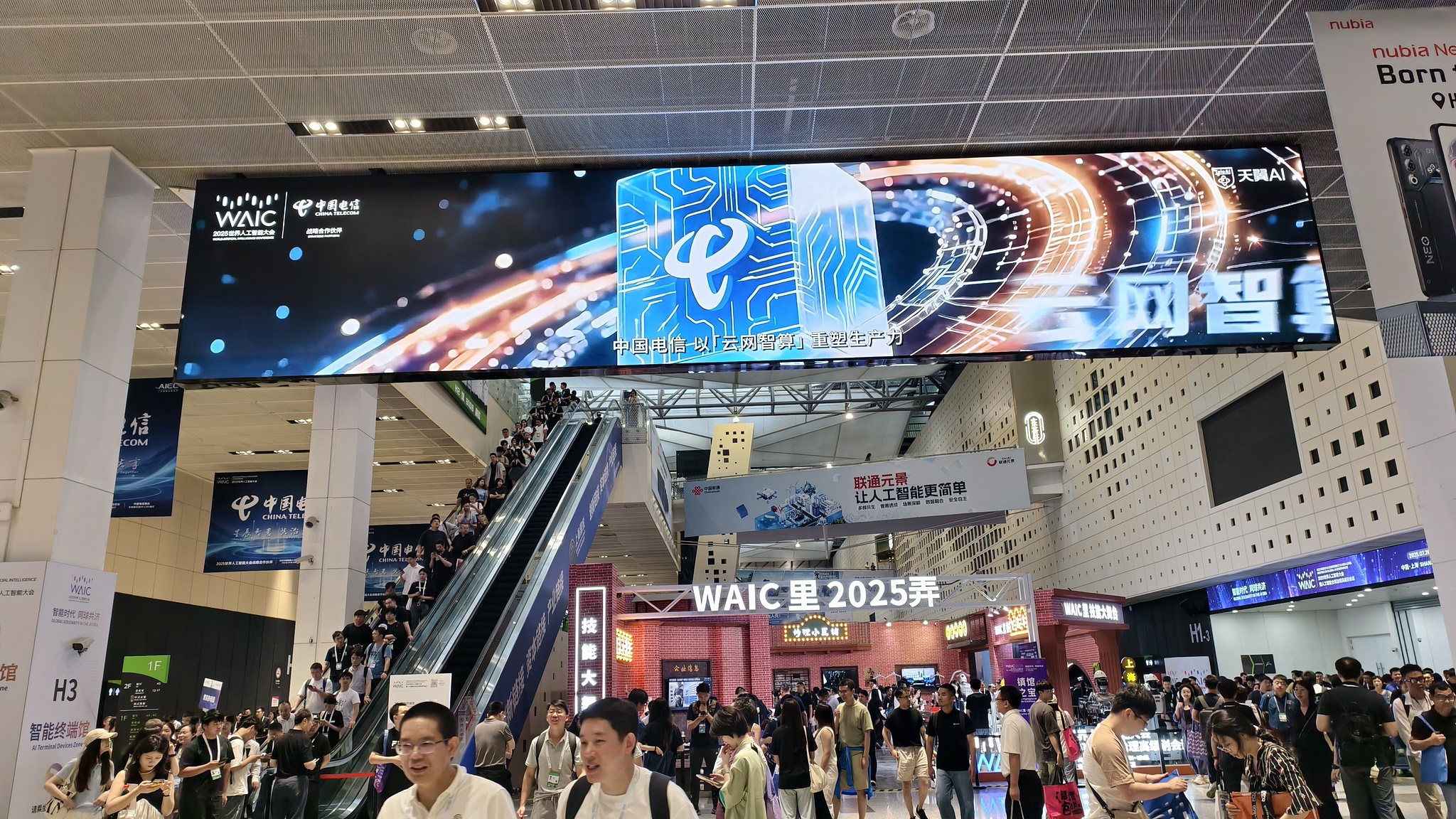
The 2025 World Artificial Intelligence Conference showcasing global AI innovations including humanoid robots, digital humans, autonomous driving, and over 100 debut tech products in Shanghai, China, July 26, 2025. /VCG
The 2025 World Artificial Intelligence Conference (WAIC) concluded in Shanghai on Monday under the theme "Global Solidarity in the AI Era," drawing 800+ companies and unveiling over 3,000 AI-related exhibits from more than 30 countries and regions. The event spotlighted China's growing influence in AI development and governance, with what local media dubbed the "China solution" taking center stage.
Spanning four major exhibition halls, the conference laid out what described as an "AI capability corridor," mapping the technology's entire value chain—from foundational research to industry applications. The Core Technologies Pavilion featured large language models, computing chips, and data infrastructure, reflecting AI's rapid evolution. The Industry Application Pavilion showcased real-world uses in autonomous driving, smart cities, fintech, and industrial upgrades. Meanwhile, the Smart Terminal Pavilion focused on humanoid robots and autonomous driving systems, and the Full-Domain Linkage Pavilion connected startups with investors to accelerate commercialization.
With over 60 intelligent robots and more than 100 global product debuts, exhibitors demonstrated how technologies that once lived in research labs are increasingly embedded in daily life. From large model integration into service and industrial robots to applications in virtual humans, the conference signaled a shift from cloud-based computation to on-the-ground implementation.
Tech giant Huawei debuted its Ascend 384 AI compute node system at the event. Several companies also launched AI-powered smart glasses capable of real-time navigation, mobile payments, price comparison, and travel alerts. In the autonomous driving sector, firms received new demonstration licenses, reinforcing the momentum of commercial AI networks now expanding across Chinese cities.
Beyond technology, the conference also addressed the need for global AI governance. China called for the establishment of an international AI cooperation organization, urging countries to reach consensus on the risks and regulation of artificial intelligence. Chinese officials emphasized the importance of striking a balance between innovation and safety and reiterated a commitment to open-source development and technology sharing—particularly with developing nations.
